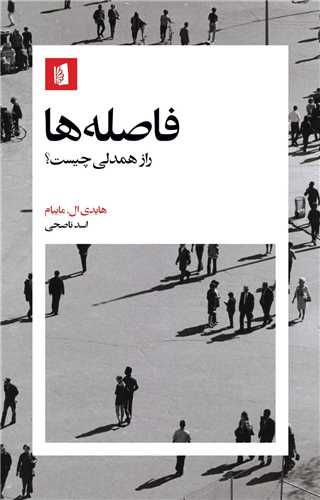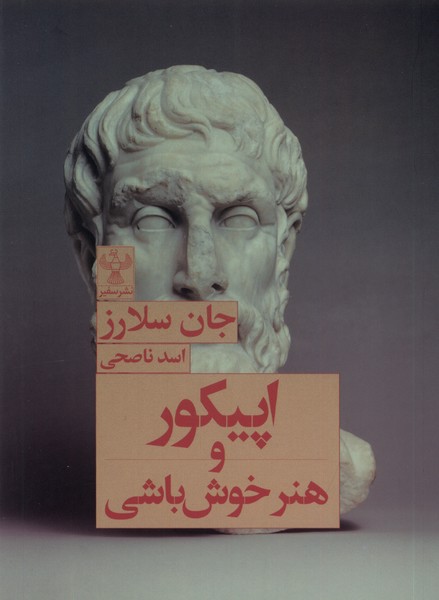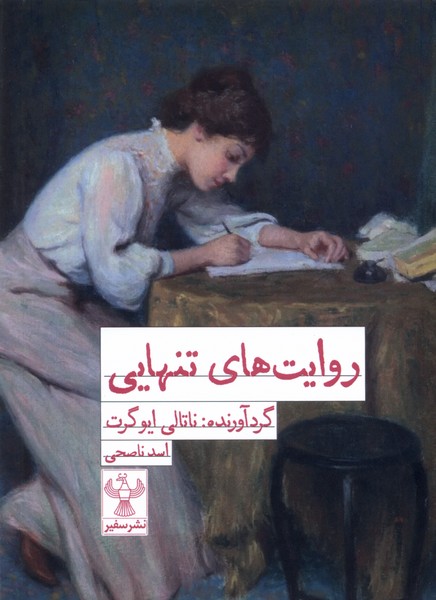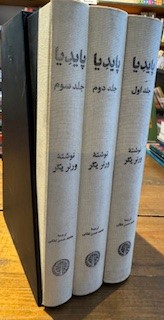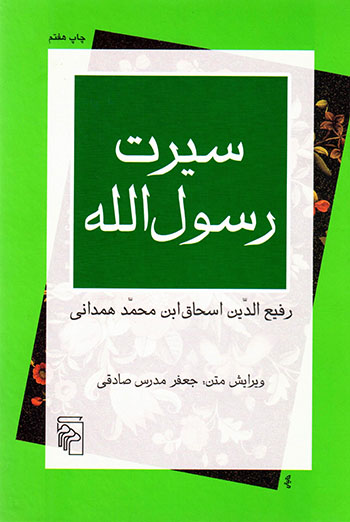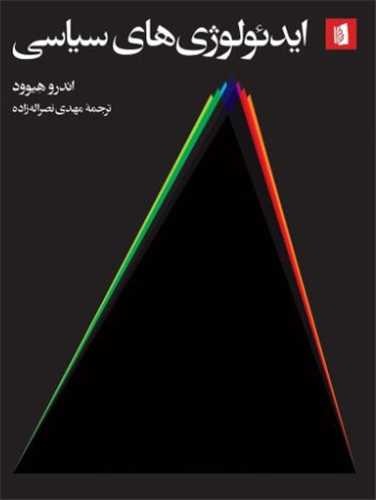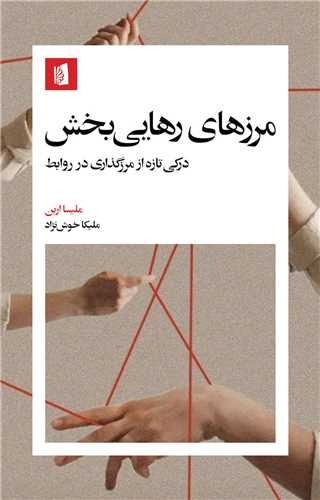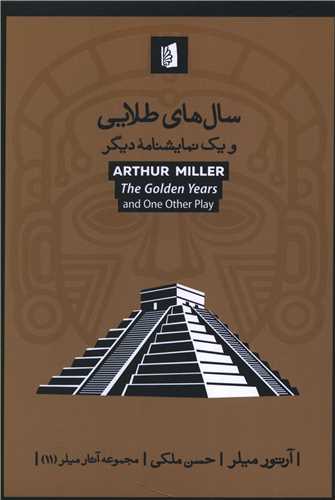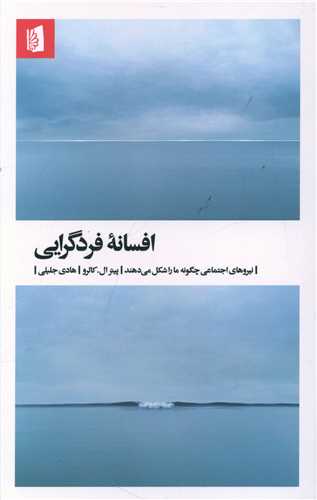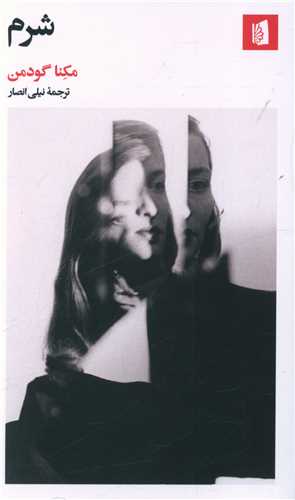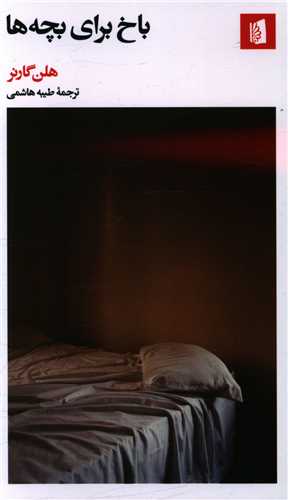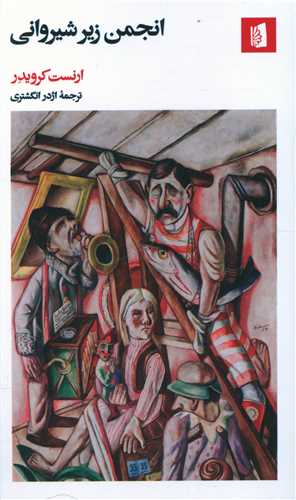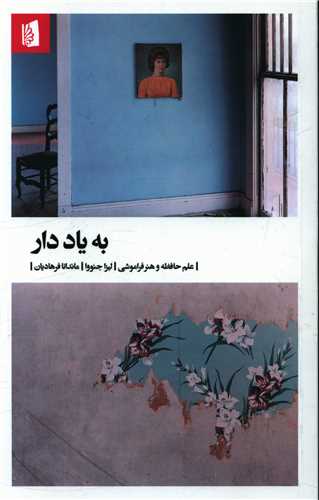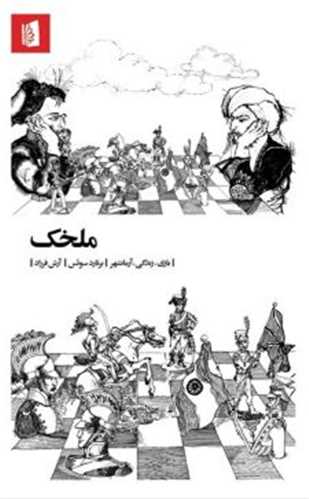فاصلهها: راز همدلی چیست؟ فارسی 1403
Fāṣilah'hā: Rāz-i Hamdilī Chīst?
161 SEK
اشتراکگذاری
Wishlist
عنوان اصلی:
The Space Between: How Empathy Really Works
شابک:
9786223131387
مترجم:
Asad Nāṣiḥī
ناشر:
Bidgul
گروه سنی:
بزرگسال
صفحات:
371
وزن:
300 g
ابعاد:
11 x 20 x 3٫4 cm
جلد کتاب:
شومیز
When Barack Obama nominated Sonia Sotomayor to the US Supreme Court, his comments that a judge should have "the heart, the empathy, to recognize what it's like to be a young teenage mom, the empathy to understand what it's like to be poor or African-American or gay, disabled, or old" caused a furor. Objective, reasoned, and impartial judgment was to be replaced by partiality, sentiment, and bias, critics feared. This concern about empathy has since been voiced not just by conservative critics but by academics and public figures. In The Space Between, Heidi Maibom combines results from philosophy, psychology, and neuroscience to argue that rather than making us more biased or partial, empathy makes us more impartial and more objective.
The problem is that we don't see the world objectively in the first place, Maibom explains. We see it in terms of how we are placed in an extension of our interests, capabilities, and relationships. This is a perspective, and it determines what we pay attention to, how we interpret events, and what matters to us individually. It is not private, hhowever. Usingthe imagination, Maibom contends, we can place ourselves in another person's web of interests, capabilities, and relationships and, viewing the world from there, experience a new way of interpreting and valuing what happens. This broadens and deepens our understanding of others and the world around us. It also helps us understand the greater reality of who we are.
Maibom's book weaves together results from philosophy, psychology, and neuroscience to provide a positive, up-to-date view of what it means to take another person's perspective and how empathy, rather than being the enemy of objectivity, is the foundation of it.
more
| در فاصلهها، هایدی مایبام با رجوع به دنیای فلسفه، روانشناسی و ادبیات نشان میدهد که برخلاف تصور معمولمان، همدلی به تعصب و جهتگیری دامن نمیزند، بلکه اتفاقاً سبب میشود در مواجههمان با جهان و دیگران بیطرفتر و منصفتر باشیم.
| مسئله این است که ما اساساً دنیا را بیطرفانه و عینی نمیبینیم. جهان امتداد منافع، قابلیتها، دلبستگیها و روابط ماست و نگاهمان به آن تابع جایگاه و موقعیتمان در آن است. به این میگویند دیدگاه و اینکه چهچیزی برایمان اهمیت دارد و وقایع را چطور تعبیر میکنیم وابسته به همین زاویهدید است. دیدگاهها با وجود منحصربهفرد بودنشان همگی شباهتها و اشتراکاتی دارند و به گفتۀ مایبام، با بهرهگیری از قدرت تخیل میتوانیم در تاروپود علایق، تواناییها و روابط دیگران جایگیر شویم، دنیا را از آنجا ببینیم و به این ترتیب به شیوهای تازه برای ارزشیابی و تفسیر تجربیاتمان برسیم. این کار فهم و درک ما از دیگران و جهان اطرافمان را بسط میدهد و درعینحال کمک میکند تصویری جامعتر و واقعیتر از هویت و شخصیت خودمان داشته باشیم.
| هایدی مایبام فیلسوف و استاد فلسفۀ دانشگاه باسک کانتری و دانشگاه سینسیناتی است. او در نوشتههایش اغلب به مفاهیمی همچون همدلی، شرم و مسئولیتپذیری میپردازد. مبانی فلسفۀ همدلی و همدلی و اخلاقیات از دیگر آثار او هستند.
more

